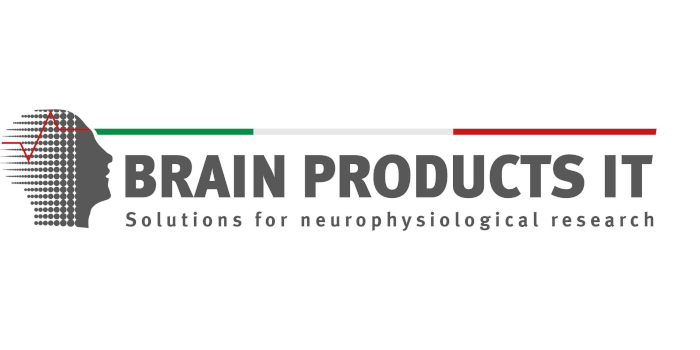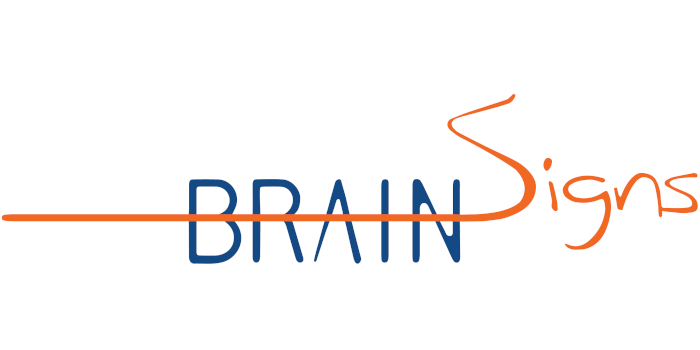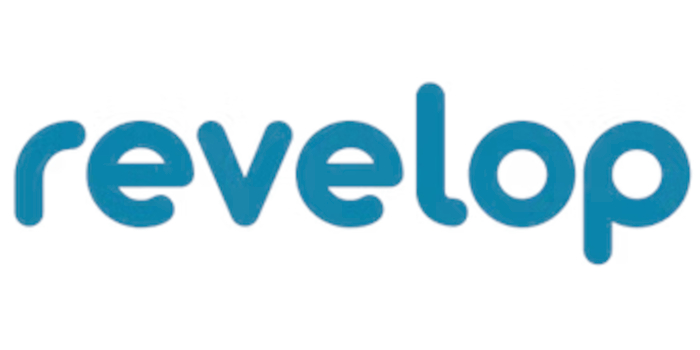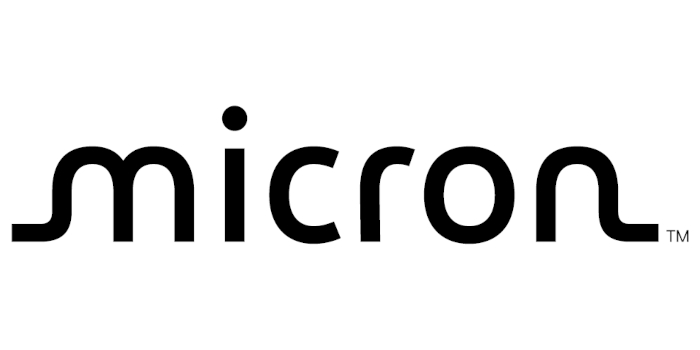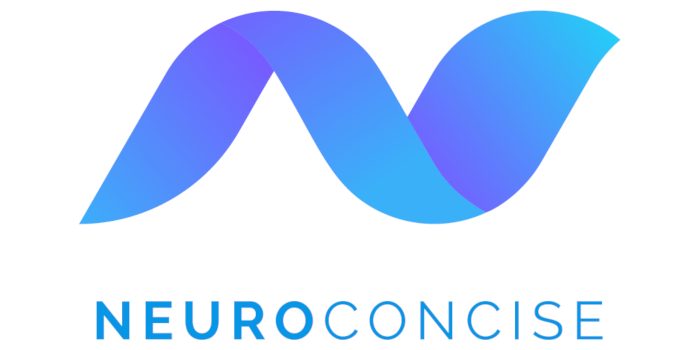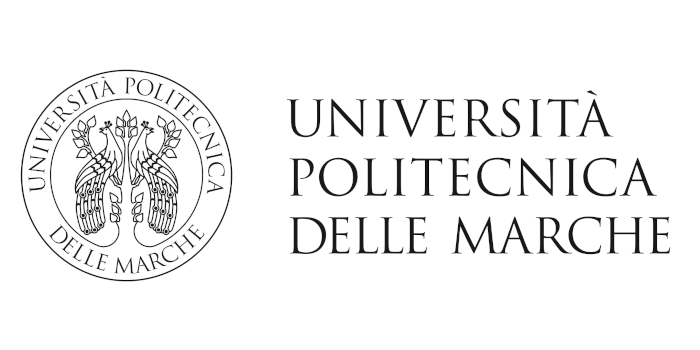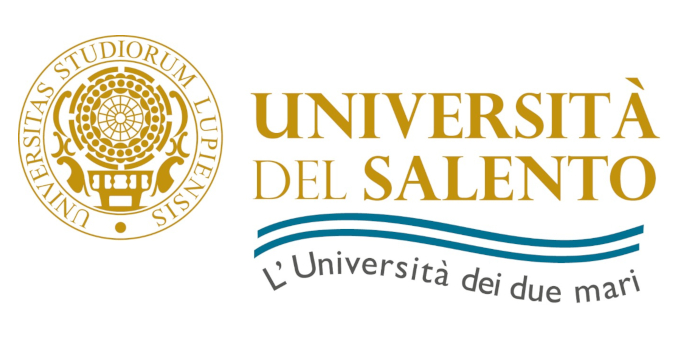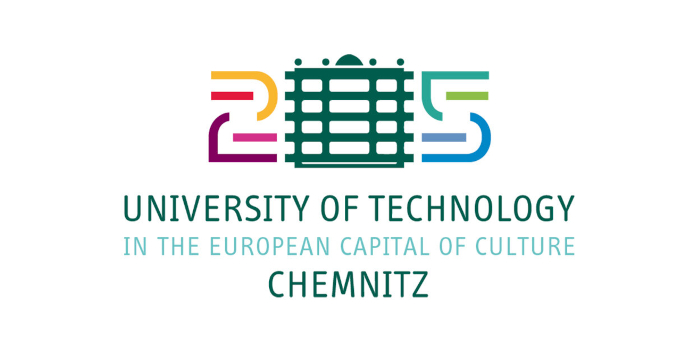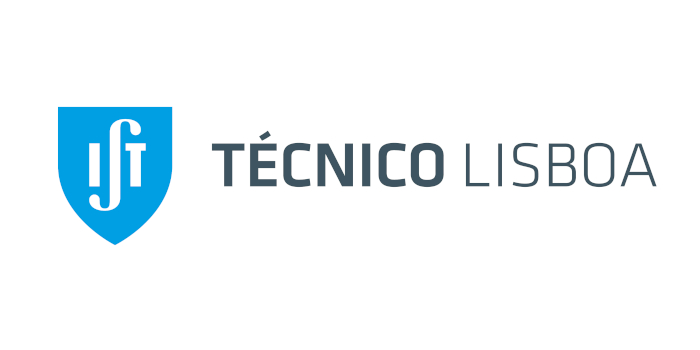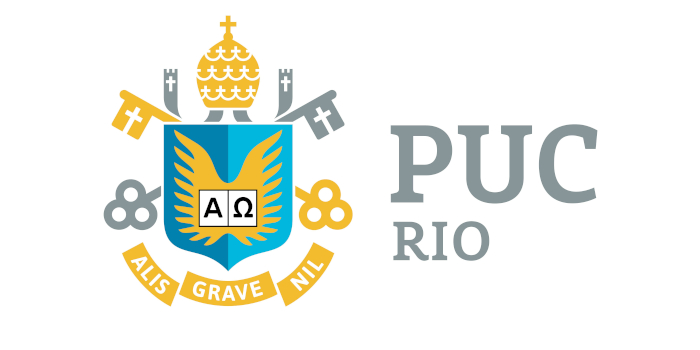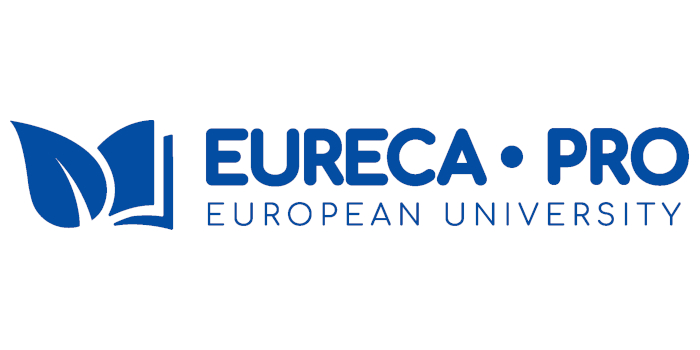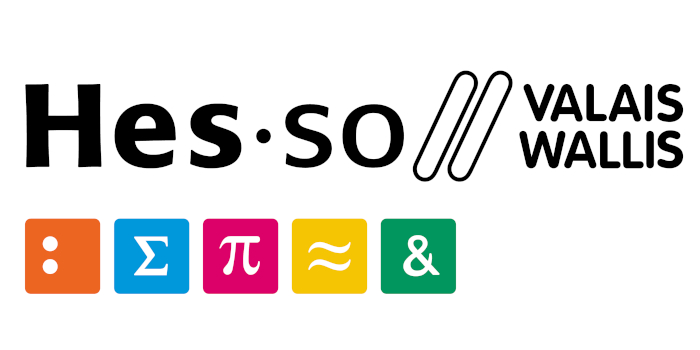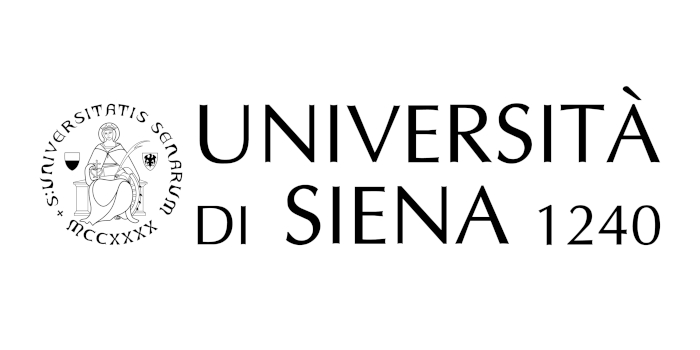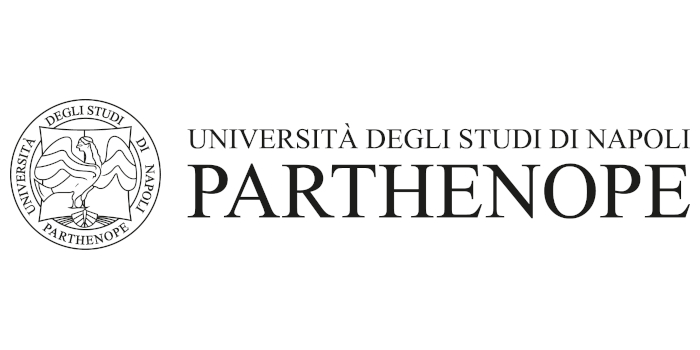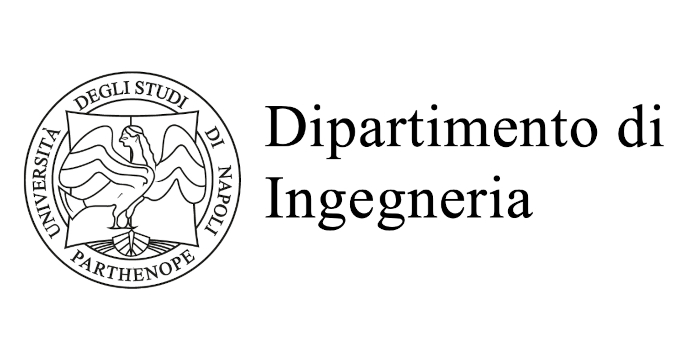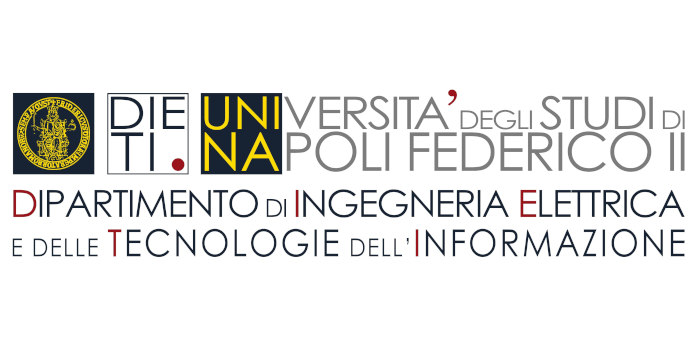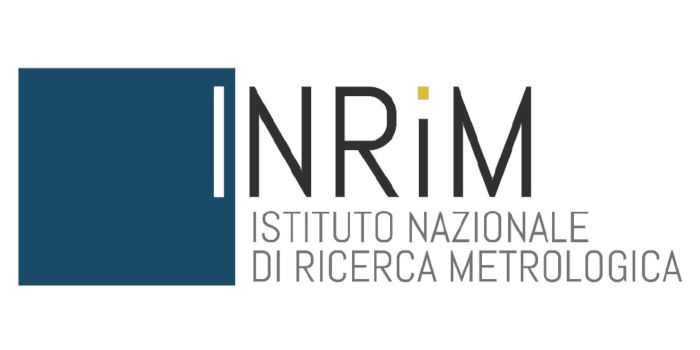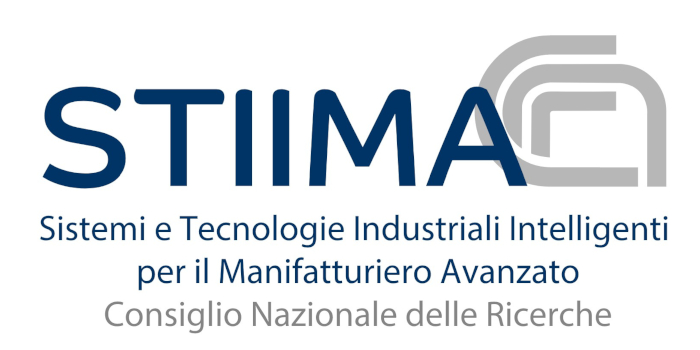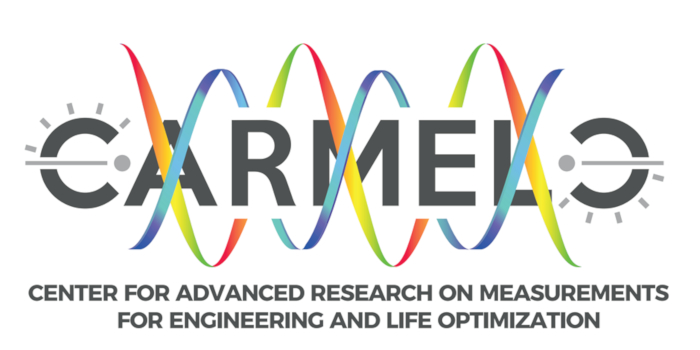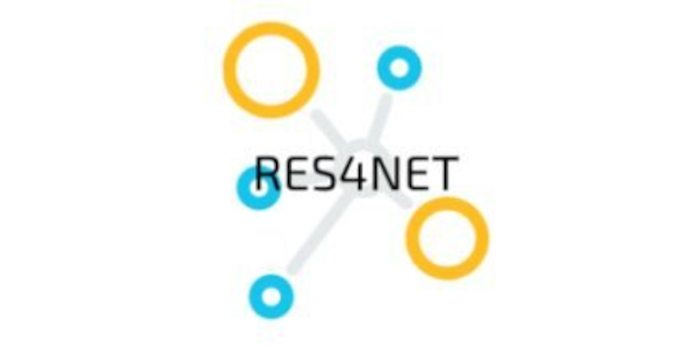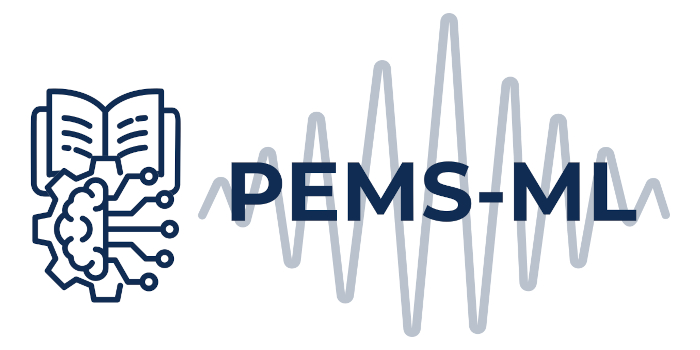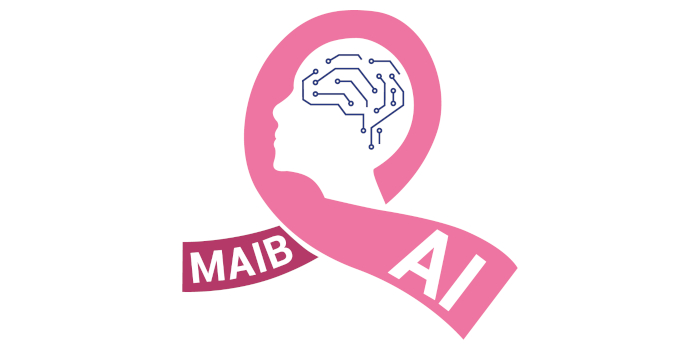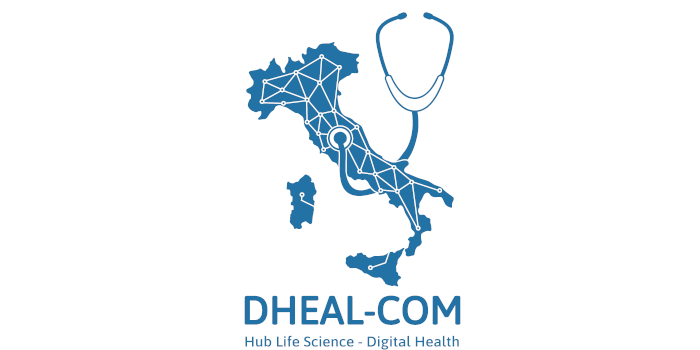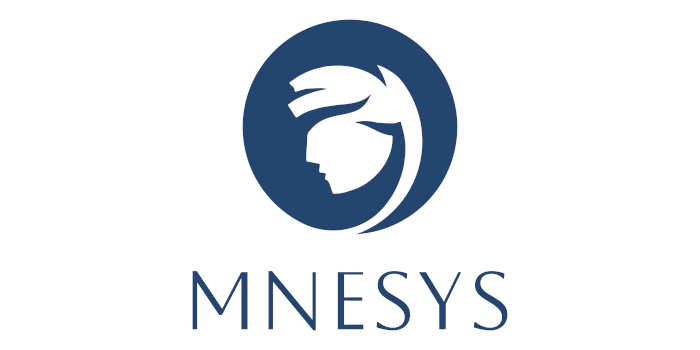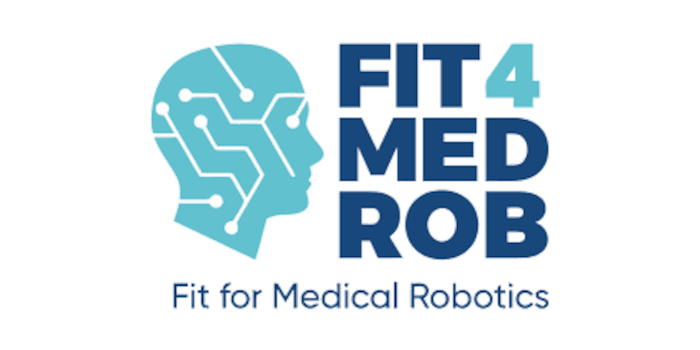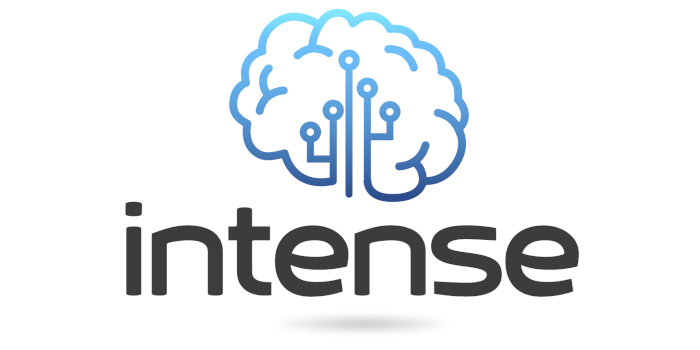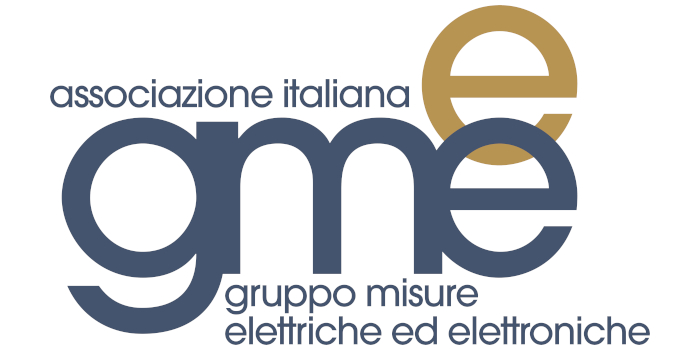TUTORIAL - OCTOBER 22, 2025
Brain-computer interfaces for neurorehabilitation, communication, brain assessment and brain mapping
Christoph Guger
g.tec medical engineering GmbH
ABSTRACT
Brain-computer interfaces (BCIs) have evolved from experimental tools to powerful systems with real-world clinical and scientific applications. This talk provides an overview of how BCIs are revolutionizing four key areas of neuroscience and medicine: neurorehabilitation, communication, brain assessment, and brain mapping.
In neurorehabilitation, BCIs like recoveriX enable patients with stroke, multiple sclerosis, or Parkinson's disease to regain motor functions—years after the initial diagnosis—by merging motor imagery, visual feedback, and electrical stimulation into a closed-loop training protocol.
In the domain of communication, BCIs offer new hope for individuals with severe motor impairments, such as ALS or locked-in syndrome, allowing them to express themselves via brain-driven spelling devices and P300-based systems.
For brain assessment, BCIs are used in patients with disorders of consciousness to detect command-following abilities and residual brain activity that may not be observable through traditional methods.
Finally, in neurosurgery and epilepsy treatment, BCI-based high-gamma mapping and cortiQ technology provide fast and reliable identification of functional brain areas—even under anesthesia—enabling safer and more precise interventions.
The talk highlights scientific findings, clinical results, and future visions for integrating BCIs into daily neurological practice, emphasizing their potential to transform patient care and human-computer interaction.
SPEAKER BIOGRAPHY
Christoph Guger is the founder and CEO of g.tec medical engineering GmbH. He studied Biomedical Engineering at the Technical University of Graz, Austria and at the John Hopkins University in Baltimore, USA. During his studies, he concentrated on BCI systems and developed many of the early foundations for bio-signal acquisition and processing in real-time. g.tec produces and develops BCIs that help disabled people communicate or control their environments by their thoughts, regain motor functions after a stroke, and achieve other goals. The products and research activities have been widely presented in peer-reviewed research publications, demonstrating the high quality of g.tec’s tools and methods. He is running several international BCI research projects.



